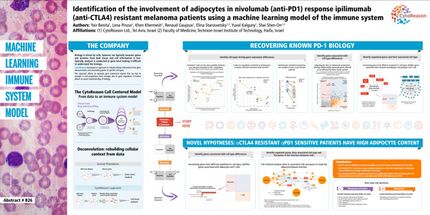Gene Logic Sees Growing Trend from Pharma Industry for Safety Testing
Advertisement
Gene Logic Inc. announced it has completed over 350 predictive toxicity assessments, using its proprietary toxicogenomics predictive models, on clients' live compounds, failed drugs and reference compounds profiled in various organ systems and primary rat hepatocytes. This genomics-based safety testing milestone underscores the drug development industry's growing need to identify possible risks prior to medicines entering human trials, and demonstrates the applied utility of toxicogenomics, a core technology for Gene Logic.
Donna Mendrick, Ph.D., vice president, Toxicogenomics for Gene Logic, stated, "Pharmaceutical companies are recognizing the value of toxicogenomics as a means of prioritizing pipeline candidates and ensuring greater likelihood of success for drugs taken into the clinic. Recent events demonstrate the need for earlier analysis of safety. For this reason, toxicogenomics has evolved into a viable tool for prioritizing candidate drugs based on toxicity potential."
As a basis for these toxicity screens, Gene Logic has developed and validated predictive toxicogenomic algorithms for more than 4 years as part of the development of its ToxExpress(R) System, a set of gene expression data obtained from animal studies on well-characterized reference compounds. The first application of this technology capability was released in 2003. Since that time, Gene Logic has continued to improve and develop additional predictive models based on animal model liver, kidney and heart tissues and primary hepatocytes.
Dennis Rossi, Senior Vice President and General Manager, Genomics for Gene Logic, said, "This milestone signals a clear trend on the part of the industry toward characterizing the toxic potential of leads earlier, before large investments are made in downstream testing. We are encouraged that the toxicogenomics-based models we've developed over the past four years are increasingly providing our pharmaceutical customers important insights about their candidate compounds and helping them to improve their drug pipeline."


















































